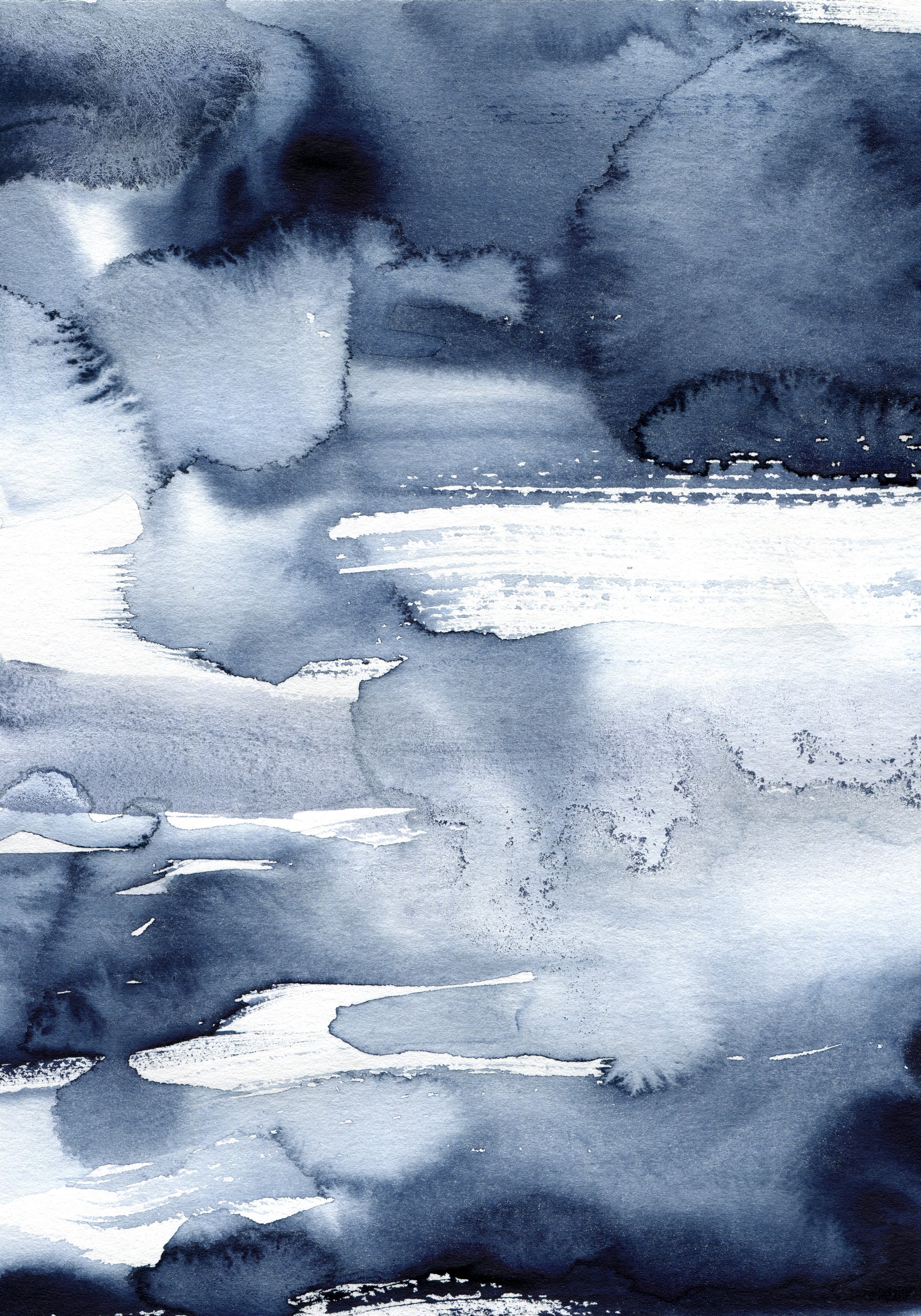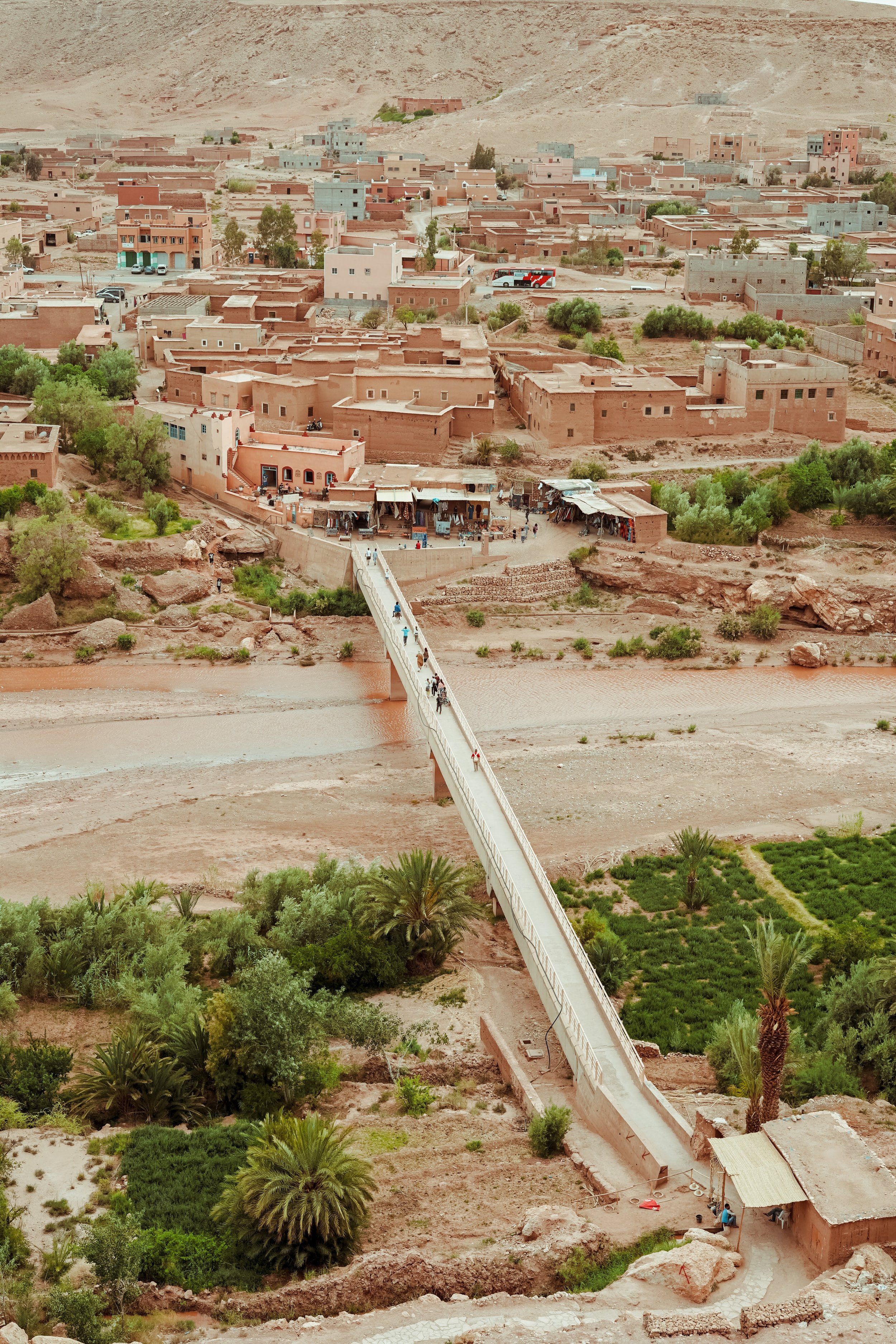
Learn Moroccan Arabic Online or In Fez, Morocco
Learn to communicate with Moroccans by studying Darija online or in-person
What is Darija?
Darija is the local dialect of Arabic in Morocco. Darija means “everyday, colloquial language” and therefore has connotations of informality, mostly used in casual conversations. Moroccan Darija shares an estimated 70-75% of its vocabulary with Modern Standard Arabic (MSA), and is, therefore, a good starting point to learn any type of Arabic. It also contains a mixture of words taken from Berber dialects, French, and to a lesser extent words from Spanish and English.
Is Moroccan Arabic (Darija) hard to learn?
Arabic may seem like an intimidating language to learn with its different alphabet and sometimes difficult sounds, but you can learn Moroccan Arabic! With our Darija program, in the first week, you'll learn words, expressions, and dialogues that you can start using right away. You will clearly notice your progress from the beginning, which will encourage you and keep you motivated for future learning.
Learning Darija with Crossroads Cultural Exchange
You can learn to communicate naturally with Moroccans so that they feel free to communicate with you as well.
Our approach to language learning is a communicative approach where our experienced teachers take you through not only the rules of the language (grammar, structure, syntax) but also communicative habits (e.g. how to greet someone). We combine our structured in-class learning with written materials, audio recordings, and printed and electronic flashcards so that you can learn in the way that works for you. With flexible scheduling available, we will help you develop your Darija communication abilities as well as Moroccan cultural awareness.In the first phase of language learning, each lesson starts with a dialogue about everyday life situations. This will help you to start communicating with Moroccans from the moment that you start language classes. These dialogues then serve as a basis from which you learn vocabulary, expressions, grammar, and culture.
At the intermediate level, you will mostly find stories instead of dialogues. These stories cover topics ranging from Moroccan culture and traditions to professional and practical life. The goal is to expand your vocabulary, grow in grammar, and communicate in Darija with confidence.
The Benefits of Studying Moroccan Arabic
Practical Communication: Learning Moroccan Arabic allows you to practice both inside and outside the classroom. Engage with host families, taxi drivers, vendors, and all Moroccans you meet. This ease of communication helps you make friends more easily and understand conversations without difficulty.
Transactional Benefits:
Shopping and Bargaining: With your new Darija dialect, you can buy things from stores and markets, and even practice bargaining with local merchants.
Tourist Trap Avoidance: Speaking the local language makes traveling much easier and can help you avoid tourist traps and unnecessary payments in tourist-heavy cities like Casablanca, Fes, and Marrakech.
Cultural Immersion: Participate in local excursions, weekend trips, and academic clubs. These activities not only provide language practice but also help you become more acquainted with Moroccanculture, customs, and sites, thereby strengthening your vocabulary through hands-on experiences.
Is It Important to Learn the Arabic Alphabet?
Since Moroccan Arabic is essentially a spoken language, the emphasis is on speaking. However, we believe that learning the Arabic alphabet is very helpful. It may seem to slow you down in the beginning (even though at the first level we also use phonetics), but it will help you later. Phonetics is only a limited aid that cannot do the job as well as the Arabic alphabet.
Knowing the Arabic Alphabet:
Helps with pronunciation
Helps you see the links between words that are based on the same root
Allows you to read and understand written texts, even if they are in Modern Standard Arabic
Opens up many other resources that would otherwise remain inaccessible to you
Schedule a placement test or trial language session for free. Please contact us to schedule a free 45-minute session online or in-person at our center in Fes.

Conversation Practice
Because speaking with locals is vital to language learning, at CCE, we offer conversation practice sessions with one of our staff who is familiar with the material and available to help you apply the material you are learning. Gain additional vocabulary and reinforce what you are learning by scheduling some extra practice sessions, available online or in person.
How to Learn Arabic
Progress will be made by putting into practice the things you’ve learned in class. These are the things you can do to improve your language skills:
Listen to the provided audio files.
Study the provided flashcards (available in both printed and electronic form with the Anki app) to help you memorize vocabulary.
Do your homework (oral and written exercises, memorization).
Talk with Moroccans. You will discover that most Moroccans are very sympathetic to someone who wants to learn their language and will gladly listen to you and help you improve your language skills.
Immerse yourself fully into Moroccan language and culture with a homestay.
How is the Moroccan Arabic Program structured?
Regular Schedule
Classes can be scheduled upon demand and can start at any time. Email us at assistantcce@gmail.com to schedule your classes.
For full-time Moroccan Arabic students, we recommend studying three hours a day, five days a week during the Introductory and Beginner Levels. Upon reaching the Intermediate Level, we recommend studying 1.5 hours in class and the same amount of time practicing outside of class.
We also recommend supplementing your language studies with our cultural workshops, to allow you to more deeply understand the culture, and a homestay for full immersion.
Proposed Schedule
-
Serious Explorer
1 week
10 sessions — 15 hours
-
Salam 1
4 weeks
40 sessions | 60 hours
Break - 1 week
Salam 2
4 weeks
40 sessions | 60 hours
Break - 1 week
Bridge
3 weeks
30 sessions | 45 hours
Break - 1 week
-
Salam 3-1
4 weeks
20 sessions | 30 hours
break — 1 week
Salam 3-2
4 weeks
20 sessions | 30 hours
Break — 1 week
Salam 3-3
4 weeks
20 sessions | 30 hours
Break — 1 week
Salam 3-4
4 weeks
20 sessions | 30 hours
Break — 1 week
Salam 3-5
4 weeks
20 sessions | 30 hours
Total for the Program to this point: 39 weeks | 325 hours
-
After the Salam 3 level, the student can then follow modules of Salam 4 in any order and at their convenience.
Conversation (15 sessions)
Prophets (10 sessions)
Idioms and Expressions (25 sessions)
Proverbs (12 sessions)
Animal Stories (10 sessions)
Video Series and Discussion
-
The following courses may be taken at any time once a student reaches the Salam 3 (intermediate) level in their language learning.
Ramadan (10 sessions)
Aid El Adha (10 sessions)
Business Darija (15 sessions)
Let's Laugh - Moroccan Jokes (10 sessions)
Driving in Morocco
Health Lessons Part 1 (15 sessions)
Health Lessons Part 2 (15 sessions)
Women’s Health Lessons (10 sessions)
Pronunciation drills and review (as needed)
Prices
Prices are per person in Moroccan Dirhams (MAD) for one 90-minute session.
All the lesson material for Moroccan Arabic is included in our tuition fees. This includes textbooks, audio files, and flashcards.
MAD 230
Individual Class
Personalized study one-on-one with a language teacher.
MAD 120
Three or more students
Classes will be constituted of students at a similar language level with the permission of the students.
*Price is per student
MAD 175
Two Students
Classes will be constituted of students at a similar language level with the permission of the students.
*Price is per student
MAD 350
Enrollment fee
One-time for all courses apart from the Curious and Serious Explorer courses.
Frequently Asked Questions
-
In order to interact with Moroccans from all levels of society, Moroccan Arabic (Darija) is the most helpful language. For some people, it may be sufficient to only know French, especially for those who live in Casablanca or Rabat. For those who work in higher education or interact with people who have a high level of education, Modern Standard Arabic (Fossha) will be used most often. Additionally, for those who live in more rural areas, it may be more beneficial to study the Amazigh dialect of that region.
-
The local dialect of Arabic in Morocco is called Darija (الدارجة), which means “everyday, colloquial language.” Each country where Arabic is the primary language has developed its own local language. Arabs often refer to this local language as a “dialect” of Arabic, but Moroccan Arabic is a mixture of numerous different languages and was especially influenced by Amazigh/Berber. Modern Standard Arabic (MSA/Fossha), which is the international Arabic language, is used in writing and in official communication, but often feels somewhat artificial, or stuffy, because people don’t actually speak MSA. Because the Arabic language is so closely connected to religion, the language has not been able to freely develop the way other languages do; however, the Darija of each country is the language of the people that changes and adapts over time.
Arabic dialects live, change, and evolve, and can be properly understood as a continuum of Arabic. Speakers of Darija with geographic proximity will tend to understand each other, whereas Arabic speakers from distant places will have a harder time understanding each other. As a result, speakers of Moroccan Arabic will often not be understood by Arabic speakers from the East. Interestingly, Moroccans will understand Arabic from the Middle East (these dialects being closer to Classical Arabic), and because countries like Egypt have a great reach in the Arab world through movies and music. It has been estimated that Moroccan Darija shares over 70-75% of its vocabulary with Fossha, and is, therefore, a good starting point to learn any type of Arabic.
Moroccan Darija is not 100% Arabic because it contains a mixture of words taken from Modern Standard Arabic, Amazigh/Berber language, French, and to a lesser extent words from Spanish and English. Moroccan Darija speakers frequently borrow words from French and Spanish (in northern Morocco) and conjugate them according to the rules of the dialect, which makes for some interesting-sounding words. Additionally, it continues to evolve by integrating new French or English words, especially in technical fields.
Learning Modern Standard Arabic (Fossha) is worthwhile for those who wish to live, work, or interact in the Arabic-speaking world. Knowing Fossha is necessary for the purpose of taking in information, such as reading signs and documents, and listening to the news and other media. If your goal is to work in media, diplomacy, interpretation, or to have the broadest Arabic opportunities available, then Modern Standard Arabic will be the best route for you.
TL:DR The answer to this question depends on your goal for studying a language. A local dialect of Arabic, such as Moroccan Darija, is useful for communicating in everyday life. Modern Standard Arabic is a literary language used in official settings and media. However, Darija is a useful starting point to continue Arabic studies.
-
Arabic is usually considered one of the most difficult languages in the world to learn, especially for native-English (or other Romance language) speakers. However, this doesn’t mean that it is impossible to learn Arabic! Moroccan Arabic is easier to learn than Modern Standard Arabic because the vocabulary and grammar have been greatly simplified for ease of communication.
Pronunciation is a major area of difficulty when learning Arabic. The Arabic alphabet has 28 letters, and their pronunciation is definitely different than the letters known from Romance languages. Arabic sounds come from the mouth and throat, and there are around seven sounds that don’t exist in English at all.
Learning the Arabic alphabet may seem complex at first, but with enough practice, it becomes natural. The first thing that is different is that Arabic is read from left to right. Arabic is also always written in cursive, never in individual “printed” characters. The letters are always attached on the left or the right or on both sides, taking a different form according to their position. This means that letters actually change shape based on whether they’re in the beginning, the middle, or the end of a word. This feature of the language can be difficult at first but comes with practice.
When it comes to grammar, verb conjugation takes into account not only whether the subject is singular or plural, but also the gender; the conjugation is different when talking to/about a man than for a woman.
Moroccan Arabic may not be easy to learn, but when you find a method that works for you and dedicate yourself to studying, you can learn it.
-
How long it takes someone to learn Arabic will depend on a number of factors. If someone is immersed and able to practice often in everyday life, then progress will likely be faster. If someone has the ability to focus on language learning, committing at least fifteen hours per week to studies (in class, homework, and practice), then progress will likely be swift. In order to study Moroccan Arabic and speak it confidently, students should plan on spending a year or two in language learning, or even longer if they are able.
-
Learning Arabic is possible, and people need to find an approach that works for them. For most people who are used to traditional language learning methods that focus on reading and writing in addition to speaking and listening, a communicative approach that focuses on combining the core learning styles (auditory, visual, reading and writing) will yield results for everyone.
Because Arabic dialects are not literary languages, they are not often written down, leading many to believe that language learners only need to practice speaking and listening. However, we believe in a communicative approach that combines speaking, listening, reading, writing, and cultural understanding, where students begin speaking from the very first day. This works for people to effectively learn Arabic, regardless of whether their learning style is visual, auditory, or reading and writing.
Our experienced teachers take you through not only the rules of the language (grammar, structure, syntax) but also communicative habits (e.g. how to greet someone). We combine our structured in-class learning with written materials, audio recordings, and printed and electronic flashcards so that you can learn in the way that works for you. With flexible scheduling available, we will help you develop your Darija communication abilities as well as Moroccan cultural awareness.
Contact Us
Oral Proficiency Assessment
Crossroads Cultural Exchange offers an Oral Proficiency Assessment in Moroccan Arabic (Darija). The OPA is a valid and reliable means of assessing how well a person speaks a language. It evaluates the ability to use language effectively and appropriately in real-life situations.







